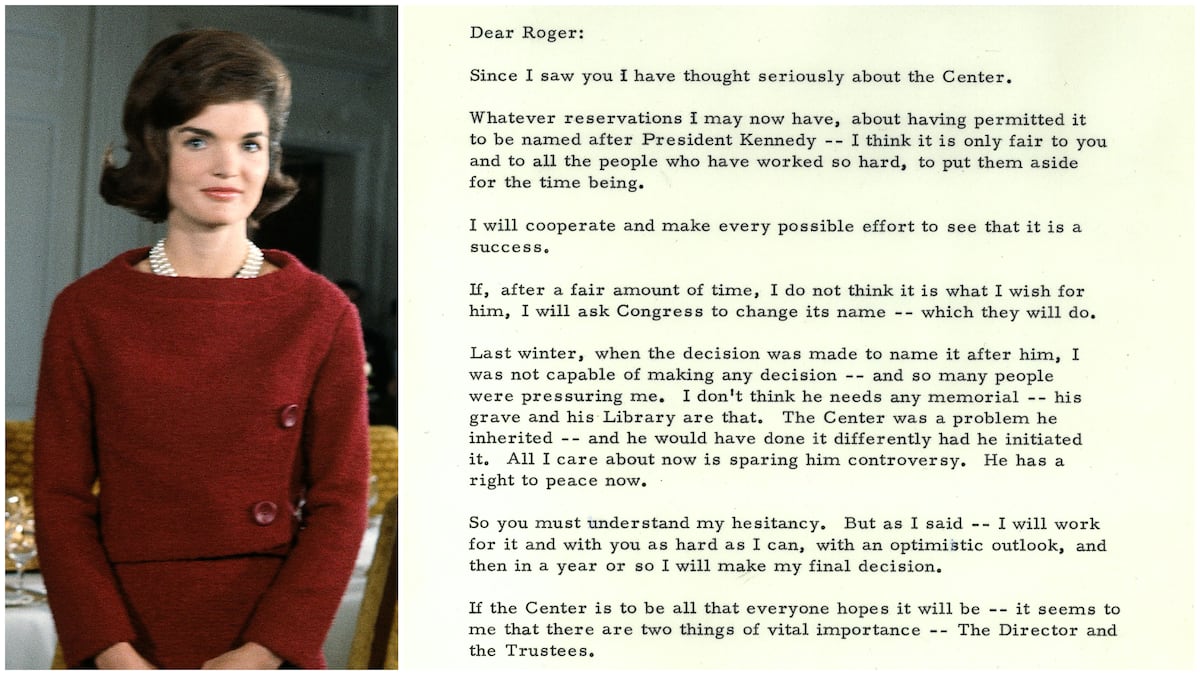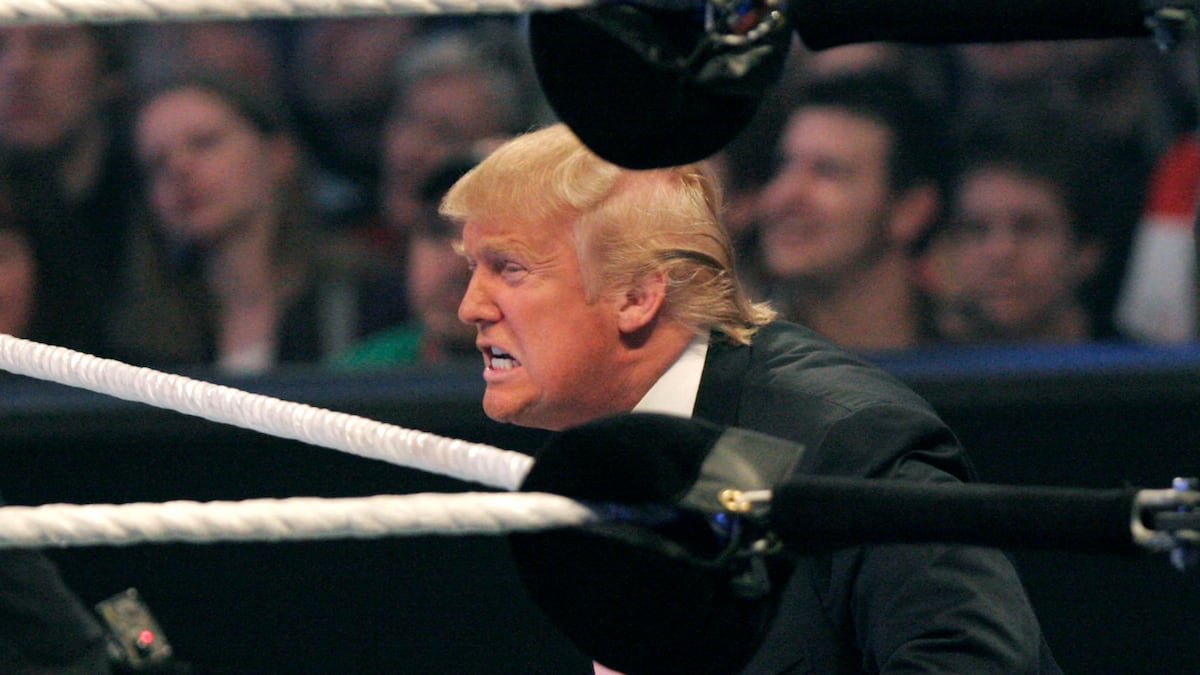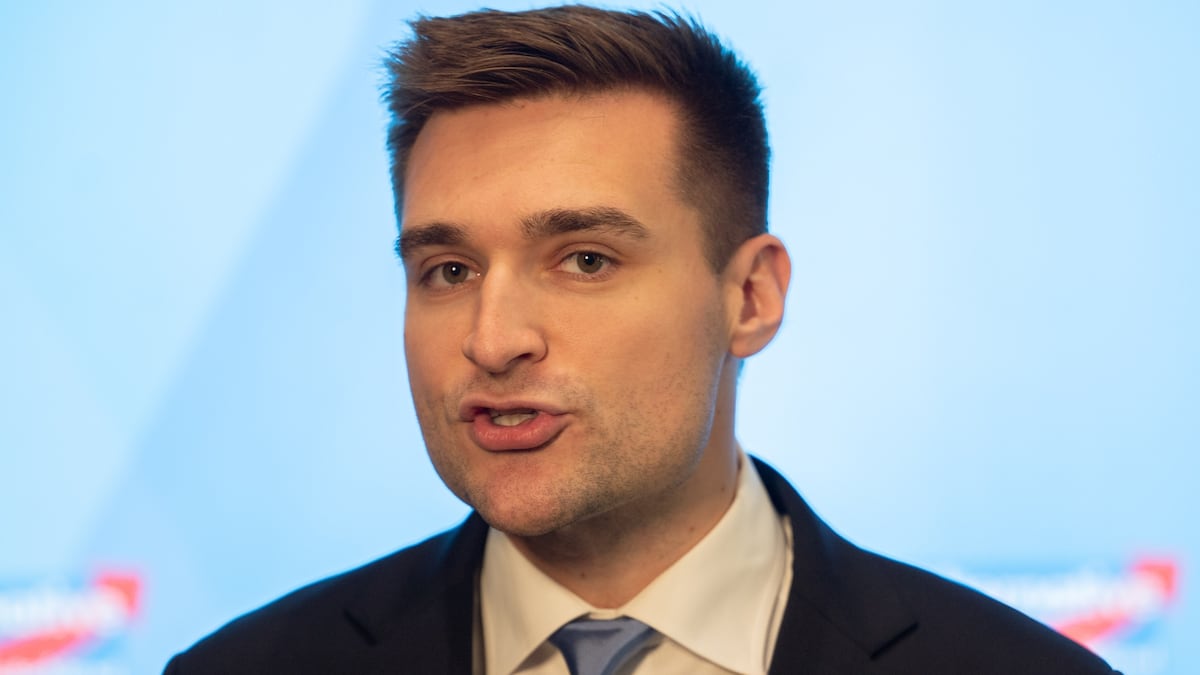There’s a lot of speculation as to how—and how much—Carrie Fisher figures into future installments of the Star Wars franchise, which is understandable considering how significantly the franchise figures into her career.
But the actual last role that Fisher filmed was for the Amazon relationship comedy Catastrophe, which debuted its third season in the U.S. over the weekend. And it is perfect.
It is perfectly funny, a drive-by showcase of her wily wit and tart warmth. But more, in terms of the subject matter her character deals with, it is a perfect complement to what might be Fisher’s greatest legacy: treating mental illness and addiction with humor, candor, and, because of those things, refreshing seriousness.
Catastrophe co-creators and stars Rob Delaney and Sharon Horgan have always talked about how the casting of Fisher as Rob’s acerbic mother, Mia, on the series was a sheer stroke of luck.
The pair, who play an American (Rob) and Irish (Sharon) couple living in London who marry after Sharon becomes pregnant, have discussed how they knew Fisher would be perfect for the role after watching her present at a British awards show.
“I turned to Rob, and I went, ‘That’s your awful mother!’” Horgan recounted at a Tribeca Tune-In talk last year. “We still to this day can’t believe that you said yes,” she added to Fisher, who was also on the panel.
“I did really want to play an awful person,” Fisher said. “There are not a lot of choices for women past 27. I don’t wait by the phone.”
It’s not just that the series gave Fisher the opportunity to put her spin on the dreaded mother-in-law figure.
When you think about what Catastrophe—a series celebrated for its brutally honest depiction of a relationship—was about, it seems less like luck that Fisher took part in it, and that it would become her final role. It seems more like destiny.
Catastrophe is about the prickly uncomfortable truths, the ugly parts of humanity that we don’t talk about because it might tarnish the vision we have of how our lives could or should be—let alone are.
Sharon and Rob argue with each other, and are unsentimental. Their relationship is a slog, but one they willingly trudge through because they are in love and because it’s their duty, too.
They are star-crossed in the only possible way that two narcissists of this extreme could be, which is why they’re able to weather her regrettable infidelity, his latent alcoholism and resentment, and the misery that accompanies parenthood.
It’s all done with a bitter-tongued honesty that makes watching not uncomfortable, but cathartic in all of its relatability. Just like Carrie Fisher’s always been.
She always maintained that bringing these things to the surface with frankness, ugliness, and, more than anything, with humor helps us to become the better versions of ourselves, against our instinct to hide these things. Mistakes are human. And they can be terrible. They can ruin you and those you love… until they don’t.
Sharon and Rob are constantly hiding things from each other. Guilt and fear are in constant battle with each other in their relationship, proving that it’s perfectly normal to love someone who you don’t really like. At least not all the time.

These are all things, versions of pragmatic wisdom, that you could imagine Fisher writing about in one of her memoirs, or saying, with her signature wit, in any of the many speeches she was asked to deliver later in life.
But the symmetry between Catastrophe’s ethos and Fisher’s becomes all the more poignant given the circumstances of Season Three, which is at its core about addiction.
When Rob relapses and refuses to acknowledge the toll it takes on him, the season becomes about self-sabotage and the helplessness of an addict. Of the horrors that can happen when you don’t admit that there’s a problem, and how those horrors could happen to the best of us.
If the twin “cinnamon buns” to Fisher’s film and writing career is the bravery with which she normalized, made relatable, and made serious mental illness and addiction through her humor, then the Season Three finale of Catastrophe couldn’t be a more appropriate swan song.
When we first see her character, Mia, in the finale, she’s at a funeral, which is hard to see. Later, back in London, Rob confesses to Mia about his drinking, and this is what makes the fact that this is her last performance all the more astounding.
He goes to her for help, just as so many people have done in Fisher’s own life. She responds, as Fisher would have, unflinchingly. Mia talks about how her husband, Rob’s father, used to get drunk and beat her.
She does not mince words: “Put a plug in the jug, Mister, because if you ever hit Sharon, I’m going to kill you.” Fisher musters up a hurricane of stern emotion for that line, and, God bless her, punctuates it—as she always has—with biting wit.
Rob says he’d never do such a thing. Mia’s response, expertly delivered by Fisher: “You being a drunk and she being as annoying as she is, you’re going to hit her.”
Mia is a survivor, who made it through to the other side with wisdom, a pledge not to suffer fools, and humor to enliven it all. Just as Fisher did.
Because Catastrophe was the last project Fisher ever worked on (though they will be released later, her work on the Star Wars films finished first), Delaney and Horgan have given many interviews about her final scene.
At first glance, it appears to be a throwaway one—especially given how grim the sequence that follows is for Sharon and Rob. But as they recount the filming of it, it turns especially profound.
Mia is flipping through the TV channels at their house, looking for, of all things, the Oprah Winfrey Network (OWN)—be still my heart—when she stumbles upon her favorite series: My Children Are Schizophrenic.
She giddily recounts the premise for Sharon: A couple gives birth to two schizophrenic children and must learn how to cope with it. Horgan and Delaney have since revealed that the premise—certainly something that Fisher, who is outspoken about her own schizophrenia, would have found humorous—was entirely improvised by the actress. As was her last line: “It’s great TV.”
Well, it certainly is.
Appropriately, season three of Catastrophe concludes, after the credits have rolled, with a photo of Fisher and a dedication: “For Carrie.”





